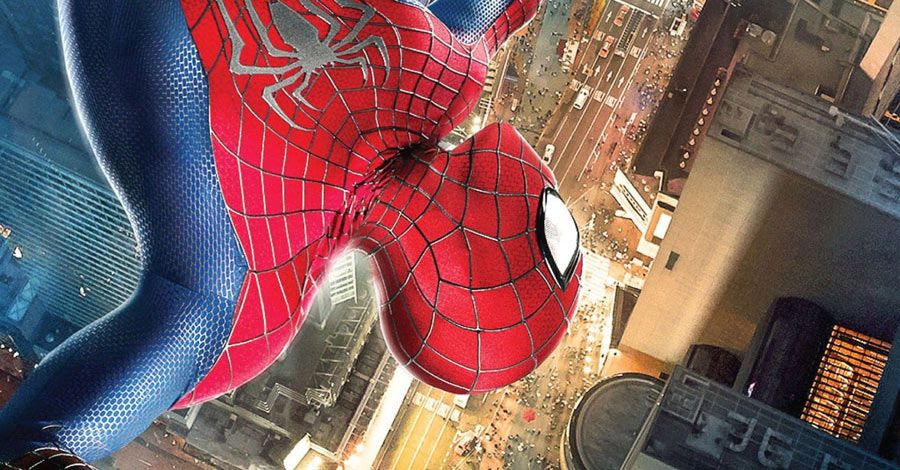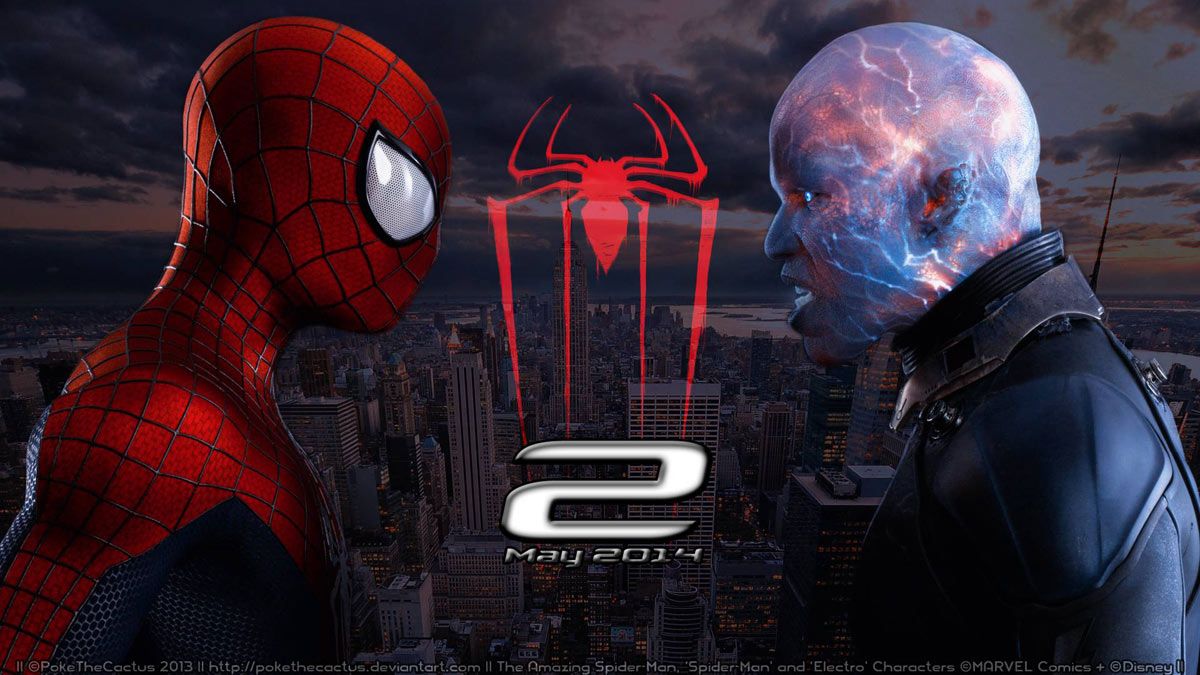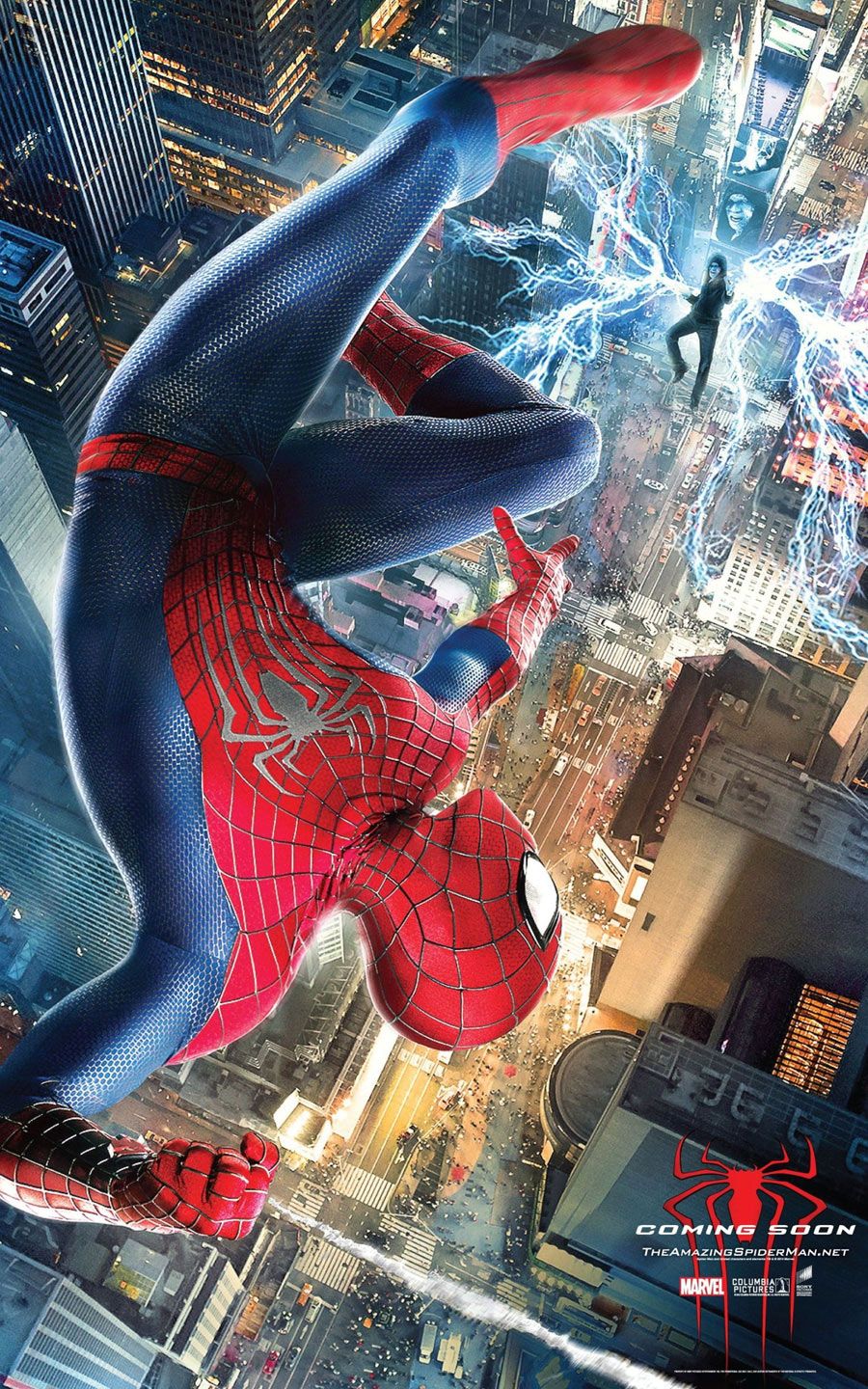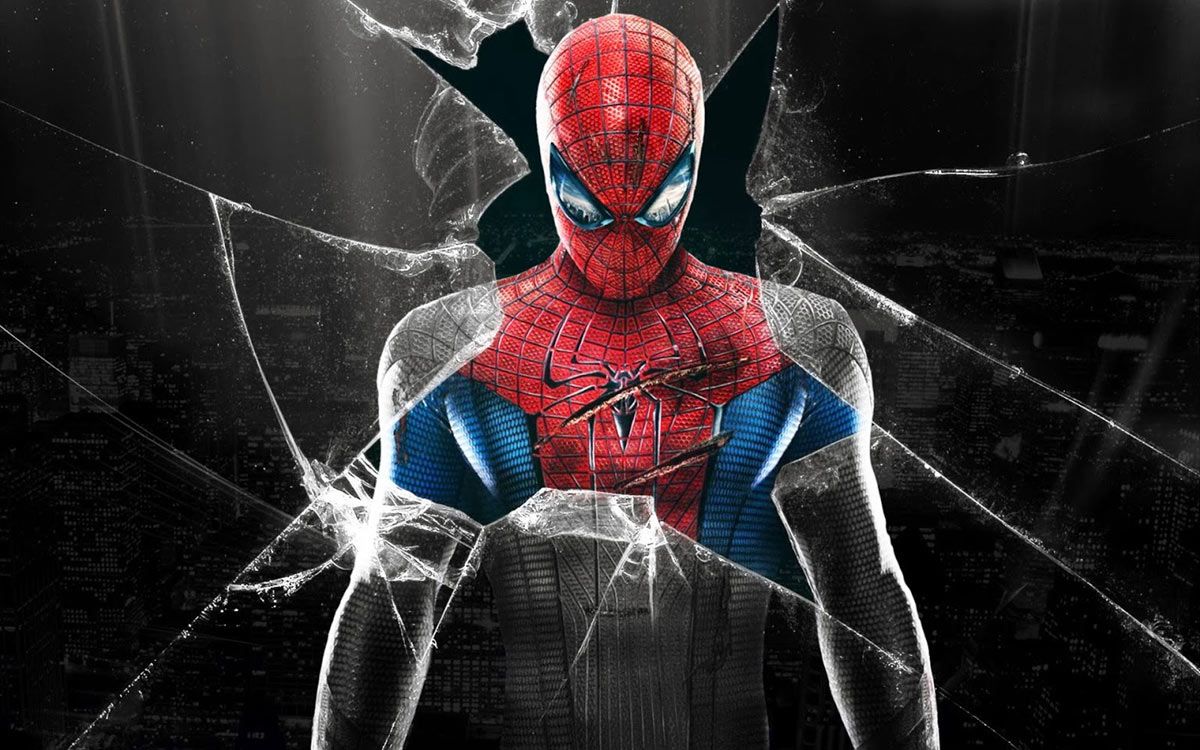One thing Jeff Pinkner knows is, with writing superhero adventures comes great responsibility. There's tremendous pressure to deliver an engaging story, interesting characters and thrilling action, all while bringing something fresh to the table even as you have to pay homage to previous incarnations of the heroes and villains. But perhaps most daunting of all is attempting to please the diehard fans. It's a pretty tall order, and Pinkner, along with co-writers Alex Kurtzman and Bob Orci, hopes they checked off all of those boxes with "The Amazing Spider-Man 2."
RELATED: Andrew Garfield On "The Amazing Spider-Man's" 'Ultimate' Potential
With Peter Parker set to enter a new phase in his life, with Gwen Stacy by his side, CBR News spoke with Pinkner about the creative team's vision for the web-spinning sequel, Peter's evolution, how the writers focused in on Electro and the Green Goblin as Spidey's super-powered nemeses this time around and the approach they're taking to the announced villain-centric spinoffs.
CBR News: How did you become involved in scripting "The Amazing Spider-Man 2?"
Jeff Pinkner: I became involved though a long and close history with Alex and Bob. They started talking to [director] Marc Webb -- Marc asked if Alex and Bob would be interested in writing the film, they said, "Yes," but asked if it was okay if they brought me on board. The answer from Sony was "Sure," so they called me. It was as season four of "Fringe" was winding down. I felt I told the story that I had set up to tell there. I knew the show was in good hands. It was a wildly tempting offer that I couldn't possibly say "No" to.
The first installment was a retelling of Spider-Man's origins and reacquainting audiences with Peter Parker. What were some of the goals for the sequel?
Following Marc Webb's lead, and what he had done with the first one, which was what Marc is interested in and what he is spectacular at, is telling a very grounded, relatable, late-teen experience film. Our goal in this one was, as much as possible, to tell a maturing story. That's a period in your life when you're growing and becoming the person you'll ultimately be. There's a reason why this film opens with Peter and Gwen graduating high school. It's like moving on to the next phase of life. The goal early on was to ground it in real human experience and tell a story about growing up.
Spider-Man is obviously the hero of the piece, but when it comes to the villains, it must be like being a kid in a candy store, there are so many options. What other names did you kick around and how did you ultimately settle on Electro and Green Goblin?
"Amazing Spider-Man 2" Star Dane DeHaan On Transforming As Harry Osborn
I would be remiss if I told you the other names we kicked around, because of course they will come back into fray in future movies. I don't want to spoil anything. We knew there was a very specific story we wanted to tell that Green Goblin, by all rights, had to be part of. At the same time, we wanted to tell "a Spider-Man story" and not "the Spider-Man story." One of the wonderful things about the Spider-Man universe is, there have been so many stories told, that there is a degree of trust from the audience. We felt we had a license to tell a version of the story. Our choice to tell a Harry Osborn, and not a Norman Osborn story as Green Goblin, felt authentic to the roots of the comic books. Avi Arad is very much a protector of the kingdom and makes sure everybody's compass is pointed to true north. We knew we wanted to tell a Green Goblin story. We knew we wanted to tell a variation that starred Harry and was a different Harry story than we had seen before and very much a story about friendship for Peter.
When it came to Electro, one of the wonderful things about Peter Parker and Spider-Man is, the mask allows Peter to do things and be a person that he just isn't, and can't be, in real life. This version of Electro is the opposite of that. Peter recedes into a shell in real life and is shy and awkward and goofy. Electro is somebody who desperately wants to be seen. Spider-Man is hiding his identity. Electro, or Max Dillon, just wants to reveal himself to the world. It felt like a good mirror. At the same time, there's the theme of "with great power comes great responsibility." Peter is someone who has great power and uses it for good. Electro quite literally has control over electricity and is using it for all the wrong reasons.
It sounds like you were a comic book fan growing up.
I was a comic book fan growing up! My parents' attitude was, "Reading is good." Weekly trips to the comic book store were part of it. I wasn't obsessive over any one character or any one publisher. I had very broad tastes. I read Archie and Richie Rich. I read many different superheroes. I didn't read many of the horror comic books. "Swamp Thing" I came to very much later.
In the trailers, there's a scene where Gwen Stacy is plummeting to her death. Whether she lives or dies, what were some of the discussions about incorporating that iconic comic book moment and whether now was the time to go there?
We wanted to honor that. We wanted the universe we're creating with these movies, and the universe that's been established in the comic books, to have enough points in common that we were, in fact, being true to the stories that people were familiar with. However, nobody wants to see the exact same story that they've read or seen before regurgitated again. They want to see a variation, or at least, I do. We set out with certain touch points of events we knew we wanted to happen and build a story around those.
"Amazing Spider-Man 2" Producers on "Sinister Six," "Venom" & 'Tragic Choices'
With Uncle Ben and Captain Stacy's deaths, Peter has experienced plenty of loss. Does grief and guilt make him a better hero?
I don't know if grief and guilt make him a better hero, but every one of us is touched by grief. Every one of us makes mistakes. Every one of us, if you live any kind of reflective life, wants to be a better person and wants to learn from their mistakes. One of the things that make Spider-Man and Peter Parker so compelling for me is that so many stories told in the comic books and previous movies are about the problems he faces as a kid. Not the problems he faces as a superhero, but the problems he faces as a person. Those are the most interesting stories, so, we wanted to build a film around those problems, the problems that Peter can't solve by webbing somebody.
A lot has been made about the Mary Jane scenes being cut from this movie. Had you originally planned more and scaled back?
No. We filmed the scenes that we wrote. Shailene Woodley is spectacular and at some point, those scenes will see the light of day as DVD extras or however. The scenes are great. It just took away from the core of the story, which was the Peter and Gwen relationship.
There are so many cooks in the kitchen with these superhero franchises. What notes did the studio give you?
I can tell you with all sincerity that the process, every step of the way from Avi Arad and Matthew Tolmach as producers, to Amy Pascal and everyone at Sony... It's one of the most joyful experiences I've had in my career. The notes were, "Make sure the film is full of heart. Make sure it's honest. Make sure it's not too scary for kids."
The 'rules' seem to dictate that sequels must be bigger and better. How did you guys approach the action sequences?
I don't know that we said, "Let's make them bigger or better." Inevitably, in any endeavor, there's a learning curve. I think Marc was figuring things out for the first film. He did an amazing job, or else this film wouldn't exist. There was a level of comfort and sophistication and confidence that he brought to these sequences that he couldn't have without having gone through that experience. I don't think we ever consciously sat down and said, "It has to be bigger." We kept going back to, "What do we want people to feel? What do we want Peter to feel? What's the value of these sequences?" I do think they are bigger. It's a hard question to answer because it's not something we consciously focused on.
As everyone who's even just seen the trailers, the seeds for "The Sinister Six" feature get planted in this film. Did you guys have this great idea for a spinoff or did the studio come to you, wanting to expand the Spider-Man universe?
We were on an inevitable path. We weren't doing anything in this movie that was driven by corporate interest. We all get thrilled with the direction these movies are going, and couldn't be happier to be participating. Now that Drew Goddard has been brought into the fold, we couldn't be more grateful. It's an unbelievably fun playground and wildly creative and a wonderful group of people to be working with. But, we've worked on shows and on movies before that have a fair degree of fan service, and we're fans too. We start with what would make us giddy. Some of the teases and some of the nods and some of the little Easter eggs, or flowers that are planted to bloom later, start with what delights us.
The Sinister Six typically gathered for the sole purpose of destroying Spider-Man. How challenging is it building a story around the bad guys?
Without revealing too much of the thought process, often things that work in one medium don't really translate to another. Things that work in the movies wouldn't necessarily work in comic books, and vice versa. The singular purpose of revenge or to get Spider-Man doesn't feel as satisfying in the movies as it does in the comic books. First and foremost, we try to be responsible to the medium and what is the best story? And, as we were saying earlier, if that's the story people have already seen, you don't want to do that again.
Your name has been attached to "The Amazing Spider-Man 3" as well as "The Sinister Six" and "Venom" films --
I will be writing for Spider-Man 3. We are all working -- I guess the analysis is sort of like a writers' room. We are all working as executive producers on all the movies in order to break stories and oversee. We are all designing these movies in conjunction. All of us have had many conversations about what the specifics of these various movies will be.
Do you have any desire to step behind the camera?
I never have. Yes, it would be fun. Yes, it would be a new challenge, but it's not something I've been itching to do. I'm still learning how to write.
From a creative standpoint, has the success of the Marvel movies affected the way you approach scripts?
I don't think it's affected the way we've approached crafting a script. I can tell you with all honesty that we don't chase, nor are we influenced by what they do, other than watching them and being in awe in how fantastic they are. It just makes us want to be better.
A lot of viewers know you from "Alias," "Fringe" and "Lost." This is your feature film debut -- are you done with television for now?
Nope, not at all. In fact, I'm actually developing TV shows as we speak. The difference is, with TV, you are making something every week, whereas movies have a much longer gestation. I miss the immediacy of TV, but I couldn't have been prouder or more satisfied with writing this movie with these people. I couldn't be more excited with what we're continuing to do. But, no, I'm absolutely not done with TV. Or, at least, I hope not.




